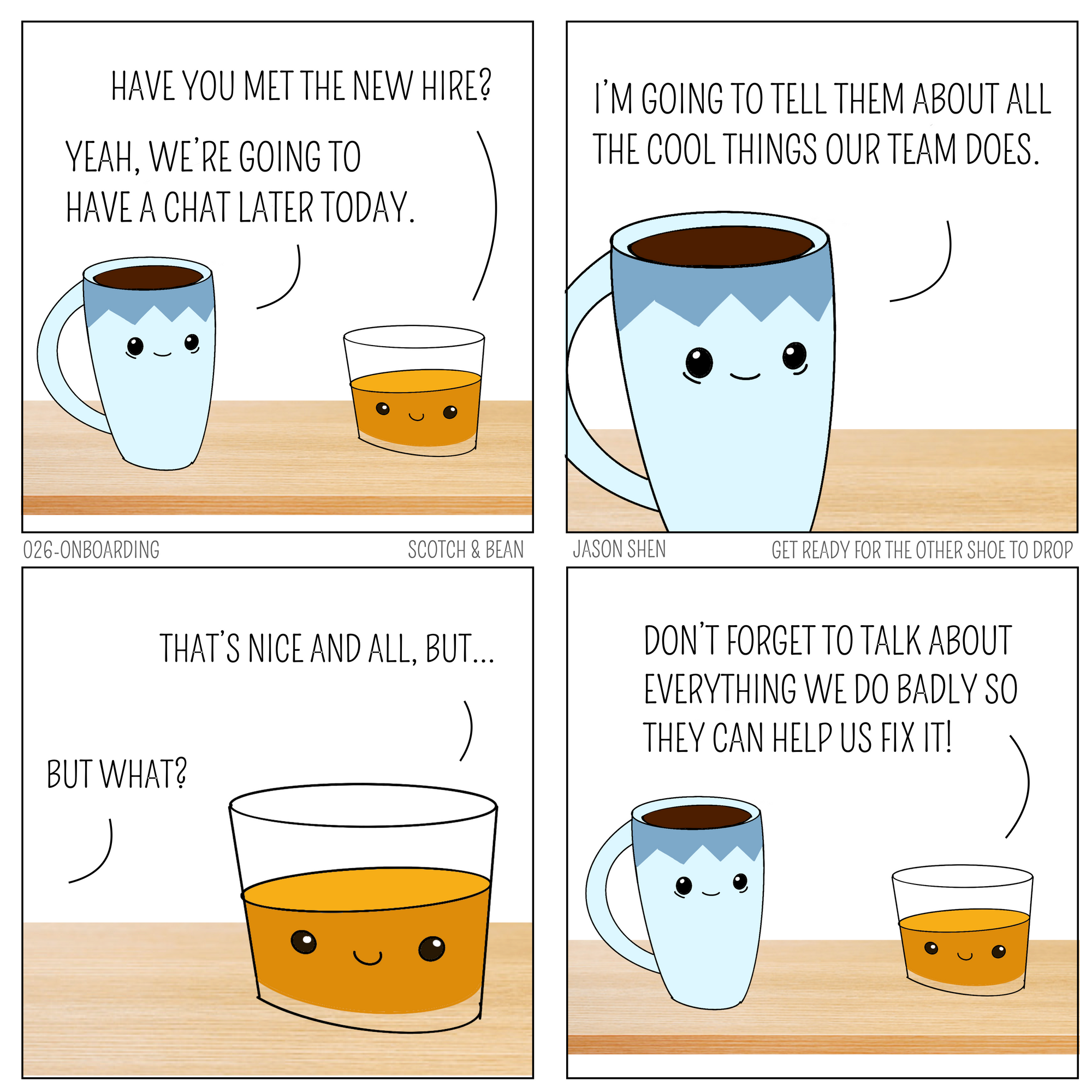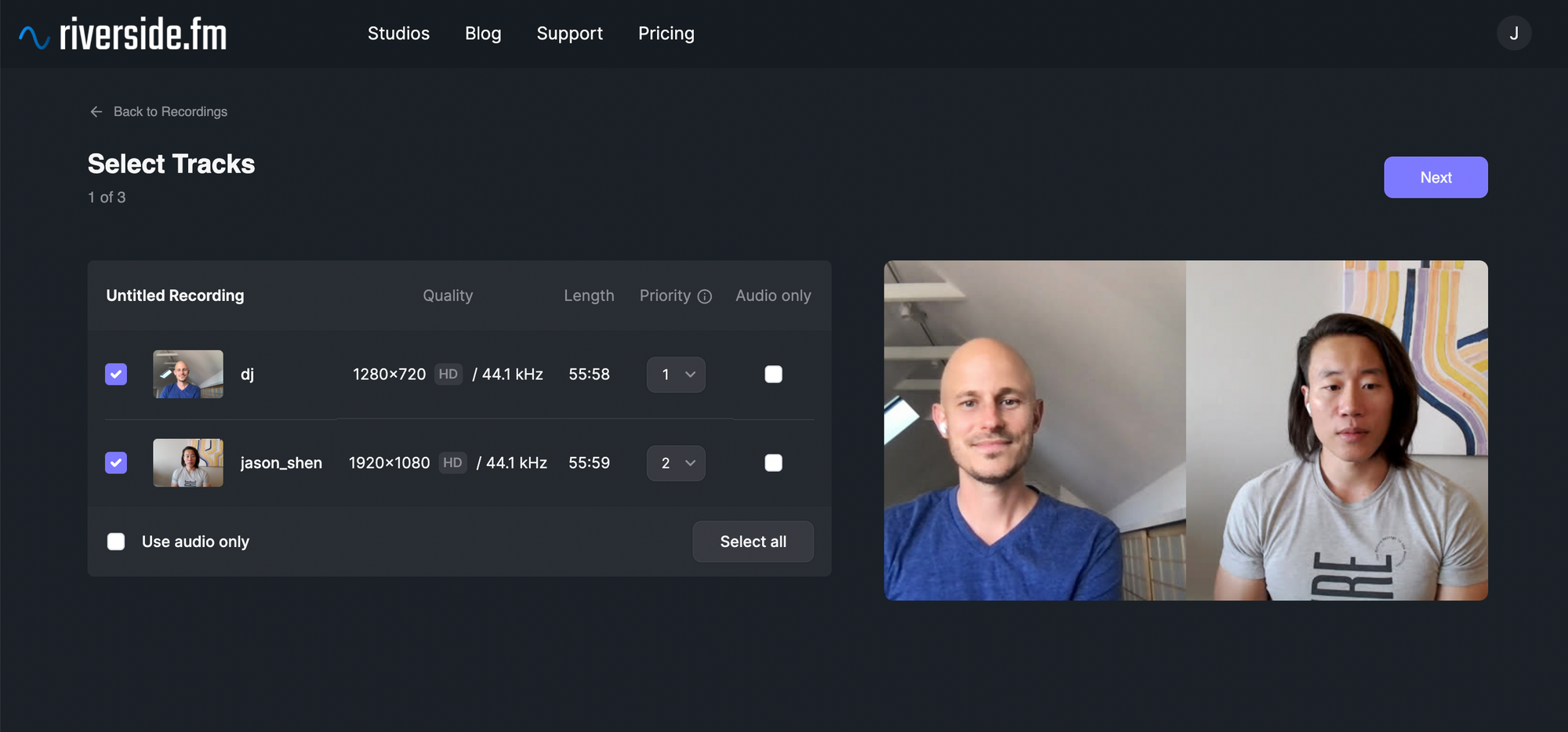This is the 69th (nice) edition of Cultivating Resilience, a weekly newsletter how we build, adapt, and lead in times of change—brought to you by Jason Shen, a 1st gen immigrant, retired gymnast, and 3x startup founder turned Facebook PM.
I visited the Denver Botanical Gardens recently—with 48 separate gardens, it’s a lovely place to host an event and in fact there were three going on the night I was there.
What struck me most though was a sign about a particular pest: the Japanese beetle. Apparently despite the best efforts of the horticulturalists over at the Gardens, they could not stop these beetles from eating away at the leaves of their roses.
So they turned it into a teachable moment. Talk about resilience—if you can’t beat ‘em, at least help educate others about why it’s so hard.
Enjoy your weekend and I'll catch you soon,
Jason
🧠 Advising a startup founder facing a mental health challenge within her team
Last week I put out a call for questions about resilience, and this week we’ve got our first one. I don’t intend for this newsletter to totally transform into an advice column, but I thought this was a good topic to explore.
We begin the occasional resilience advice column with a challenging situation from an early stage startup CEO.
One of my founding team members is dealing with a lot of mental health stuff. He’s getting professional help, but these things take time. I tried to give him 2 weeks off but he refuses because he believes he has to be working. However, when he is here, he doesn’t communicate with the team and it causes more confusion.It’s pretty obvious to everyone that he’s struggling. What should I do?
First off, props for asking this question. This is obviously not an easy situation to be in: you obviously care about your team mate and want the best for them. But you’re also attempting the very difficult task of building a product, organization, and business up from scratch, and need to address the elephant in the room.
One of the most notable things about an early stage startup is how easily emotions are transmitted. Good news is cause for immediate celebration. Bad news can put everyone in a glum mood. This is especially true if you’re working in the same space. Maybe your office doubles as your living quarters, as was the case with my first company.
In these environments, there’s very little room to hide. If someone is being insanely productive, you can tell. And if someone is way off their game, that’s clear too.
It seems to me that you’re facing three related questions:
- In what ways is his performance suffering and how is it affecting the business?
- What can he do to improve his performance in the short term and long term?
- How can you and your team member get aligned about 1 and 2?
Question 1 is a two-parter focusing on his performance and impact. What are the expectations for his role? Of course in a startup, these role expectations are changing all the time, but presumably he was fulfilling these expectations before but has been falling short as of late. You mention that he “doesn’t communicate”, which is obviously not great. Is there anything else? What’s happening because of his failure to communicate? Are people getting blocked? Is it causing duplicative efforts? Is quality slipping?
Question 2 is about how to rectify the situation. You mentioned taking 2 weeks off from work, which he has refused. What else is on the table? Would you be able to alter his role to require less of the things he doesn’t to want or be able to do? Is two weeks really enough time to for him to “reset”? Is working at your company still something he wants to do long-term?
This leads to question 3: getting aligned. The first rule of resilience is confront reality and avoid delusion and your team member is at least half there. It’s good they’re already getting professional help and open about that (at least with you). But clearly something’s still missing as they’re refusing to take time off but not performing up to par. It could be pride. It could be stubbornness. It could be a need to feel useful.
Imagine you’re the coach of a soccer team and you’ve got a veteran athlete with a chronic injury. They’re doing their rehab and trying to get better but their stamina on the field is lacking. You’ve gotta have a heart to heart with that player and come up with a game plan for how they get back in the starting line up.
That conversation might not be easy, but if you emphasize how much you value their contribution, that you know they’re trying their best, and that you want to work together to figure out how they get back into top form, then hopefully that conversation will reveal what next steps should be.
🖼 Onboarding (Scotch & Bean)
Just two best friends talking about work, dealing with stress, and trying to have a good time.

👉 Riverside.fm (podcasting tool)I

I recently came across Riverside.fm, a podcasting tool that records local audio/video for each host and guest, ensuring that internet connectivity doesn’t affect the quality of the recording. It also formats the video nicely, cuts background noise, and can export transcripts. Pair it with Descript to get rid of ah’s and um’s and you’re well on your way to becoming a producer.
I used it for an interview I did with DJ Didonna, founder of The Sabbatical Project. More from this interview in future newsletters!
Like this edition of Cultivating Resilience? Help me reach more people who could use these ideas by sharing it!
